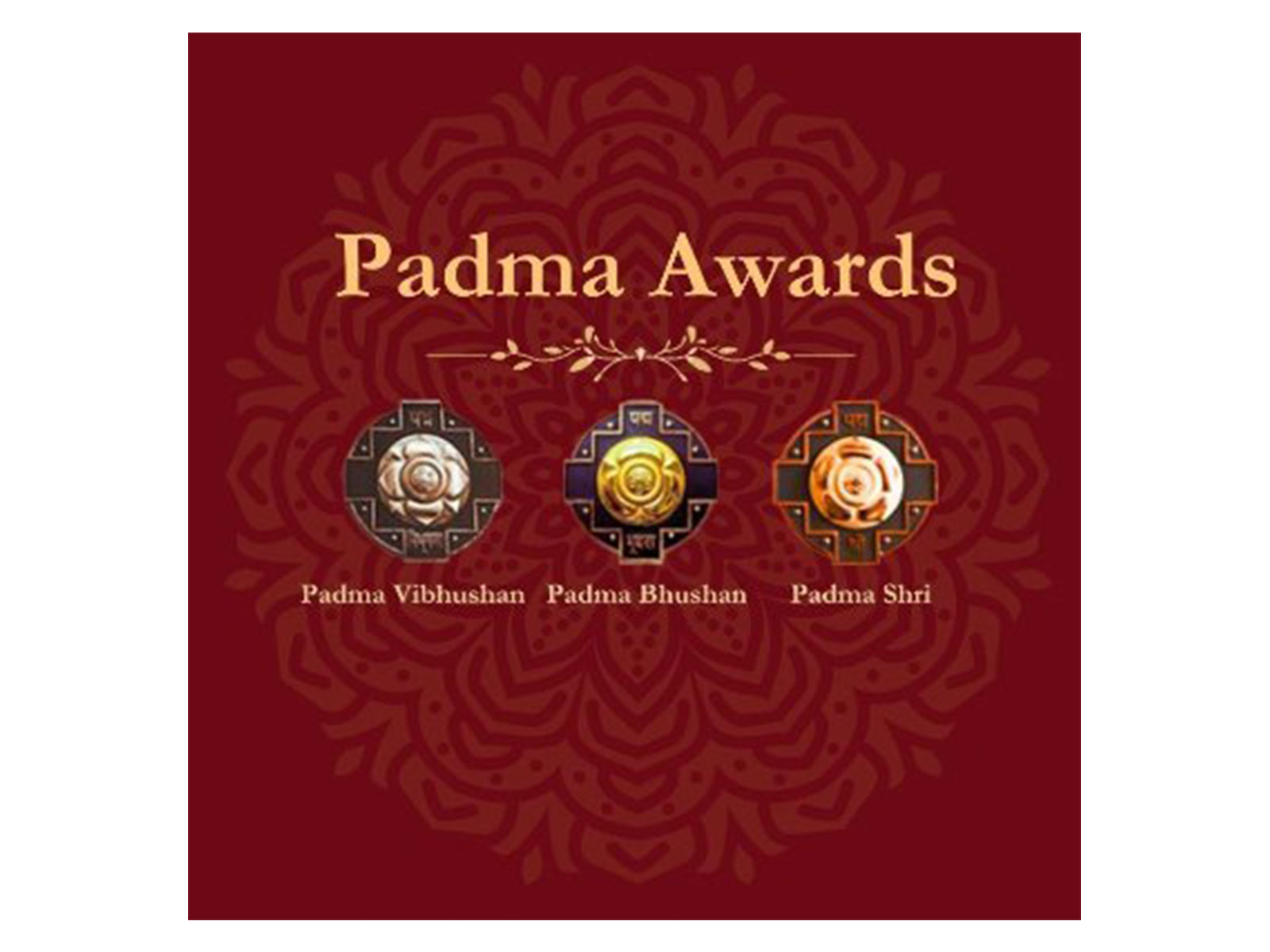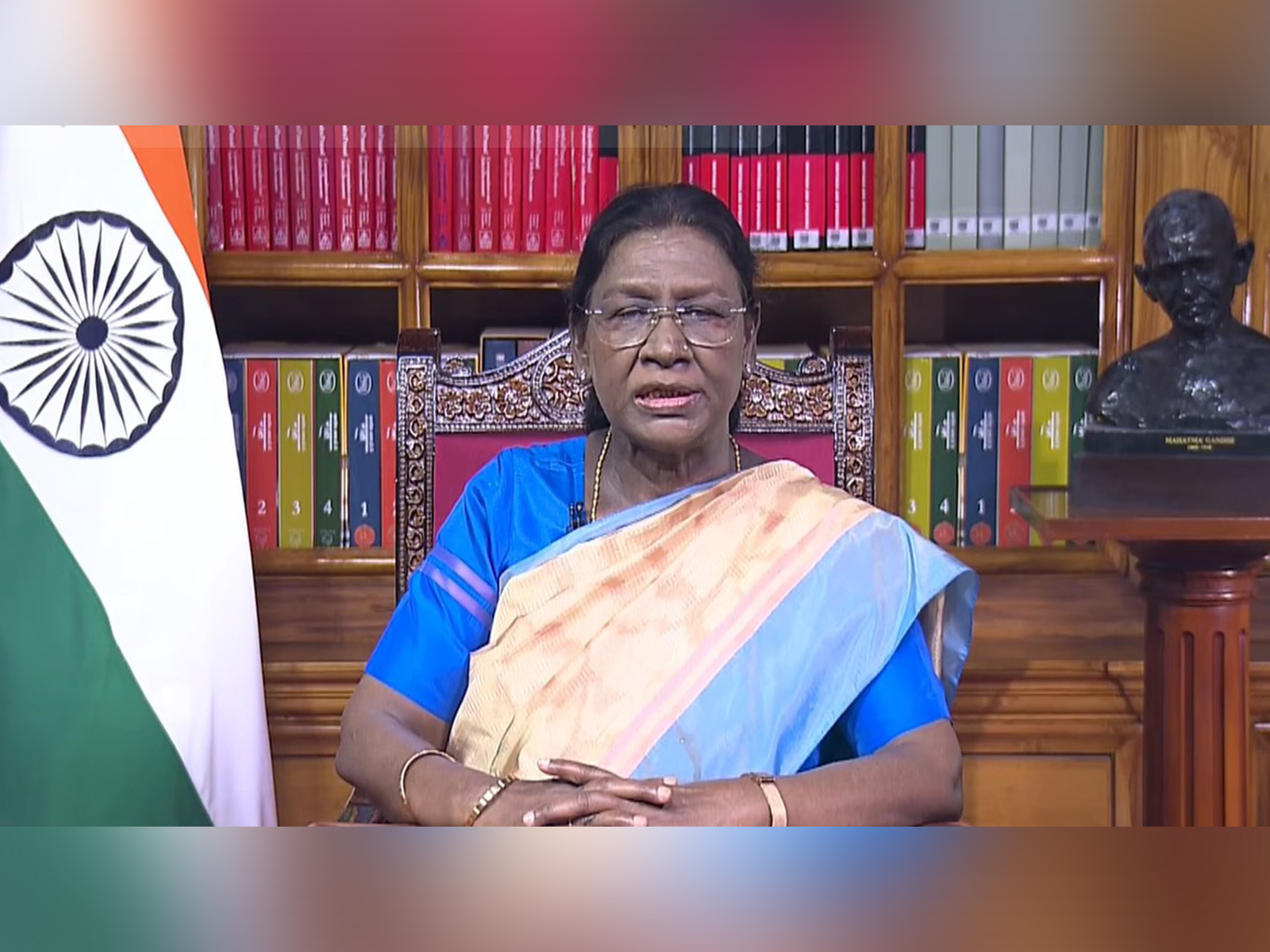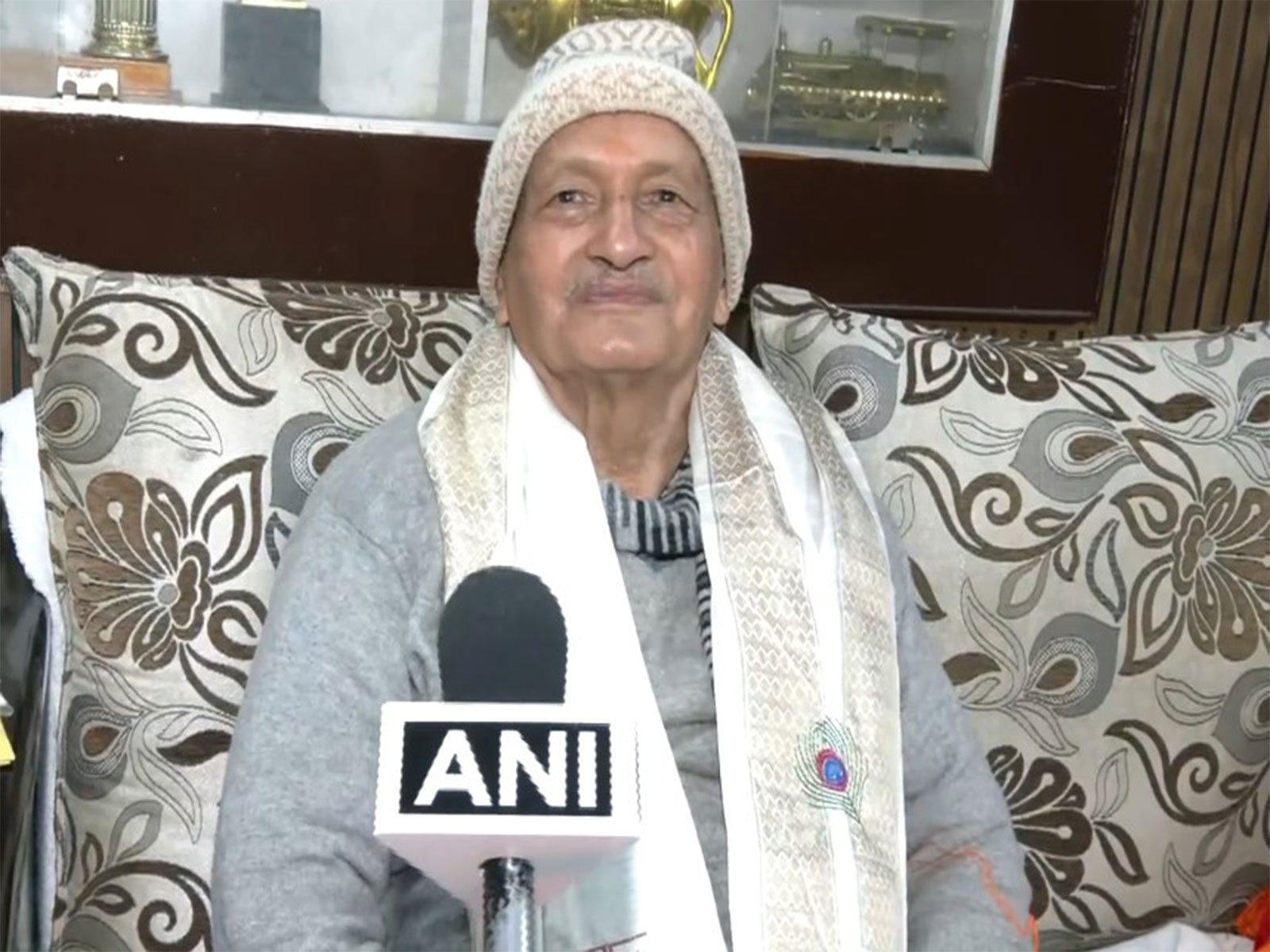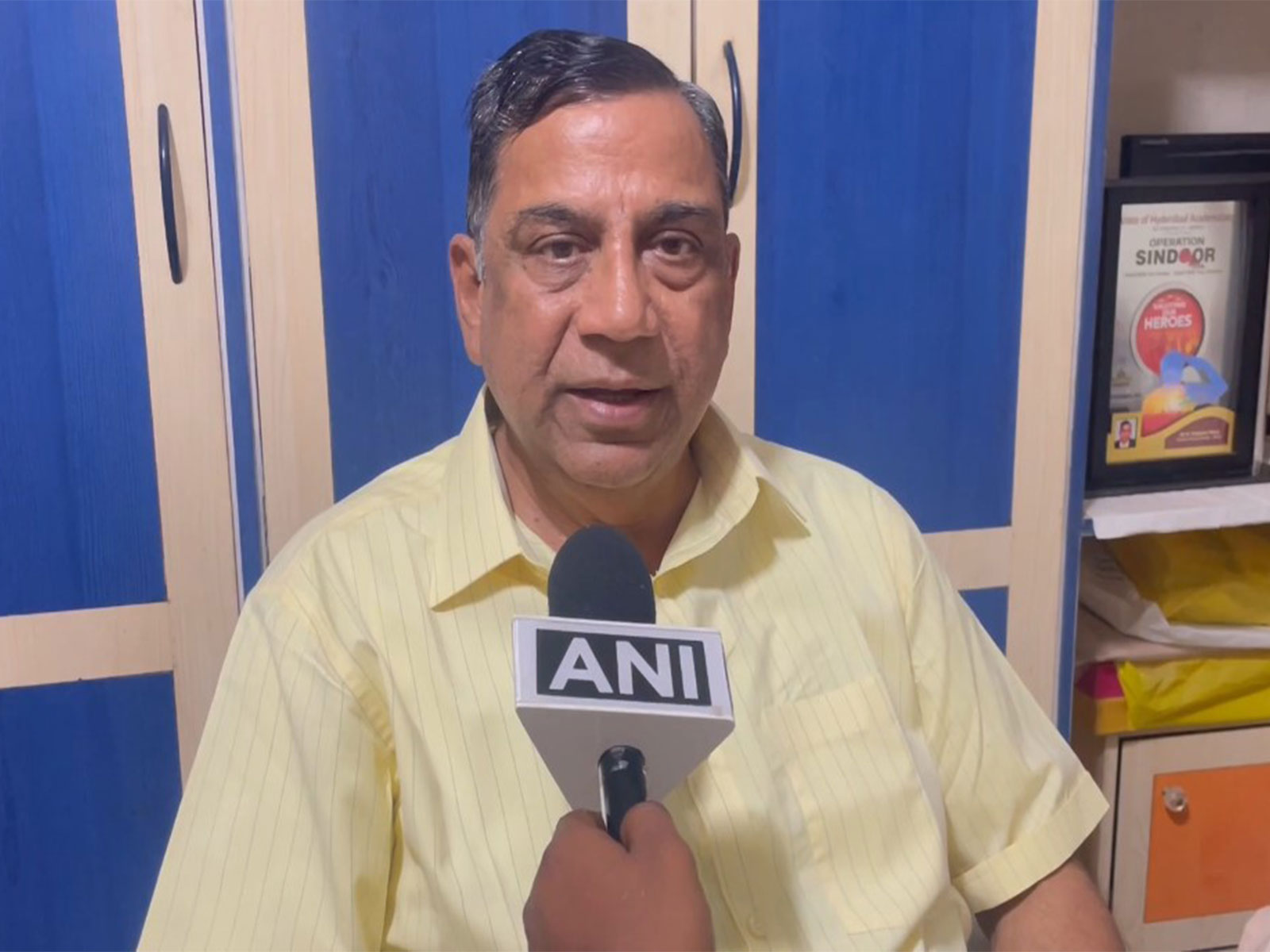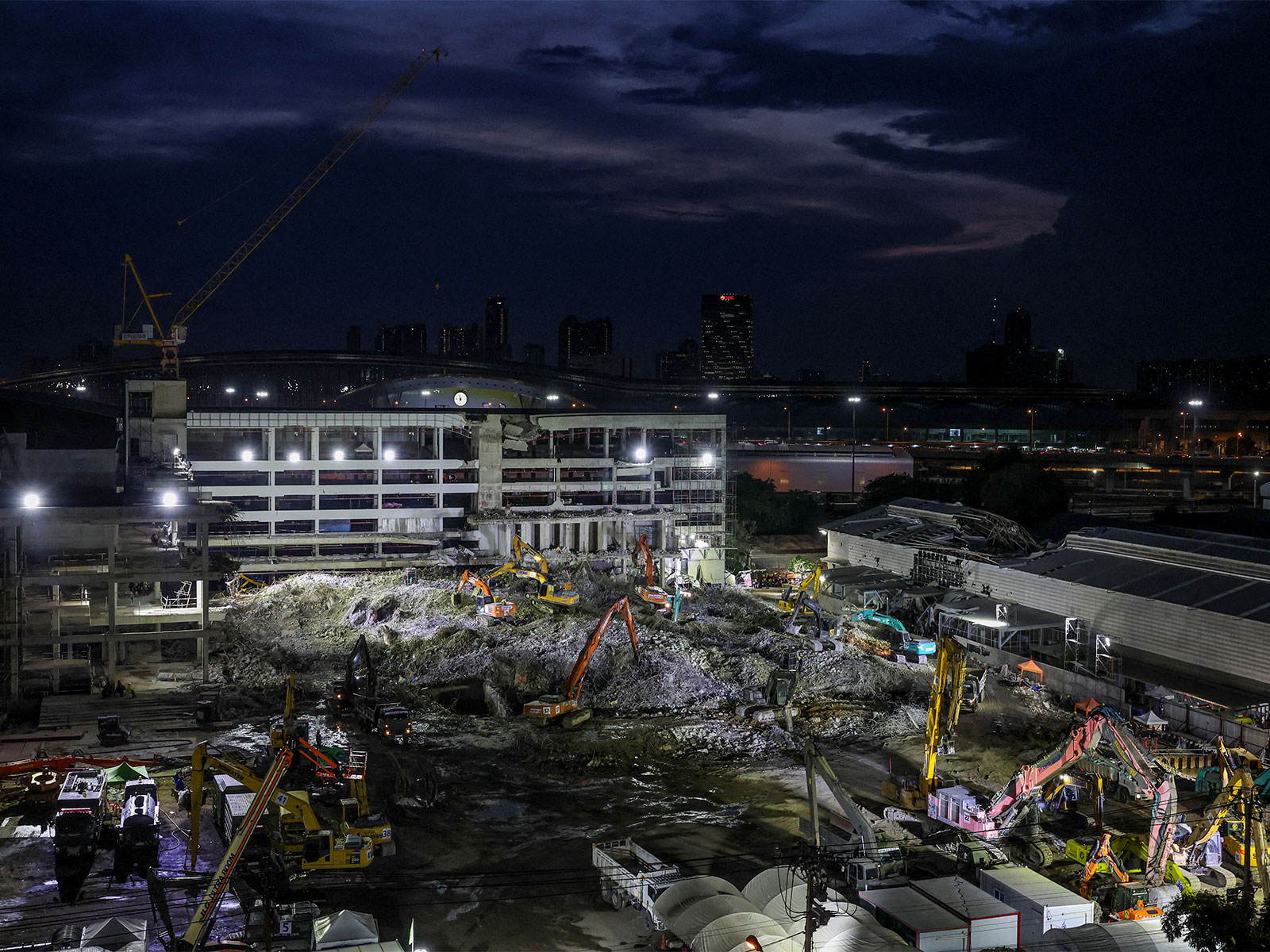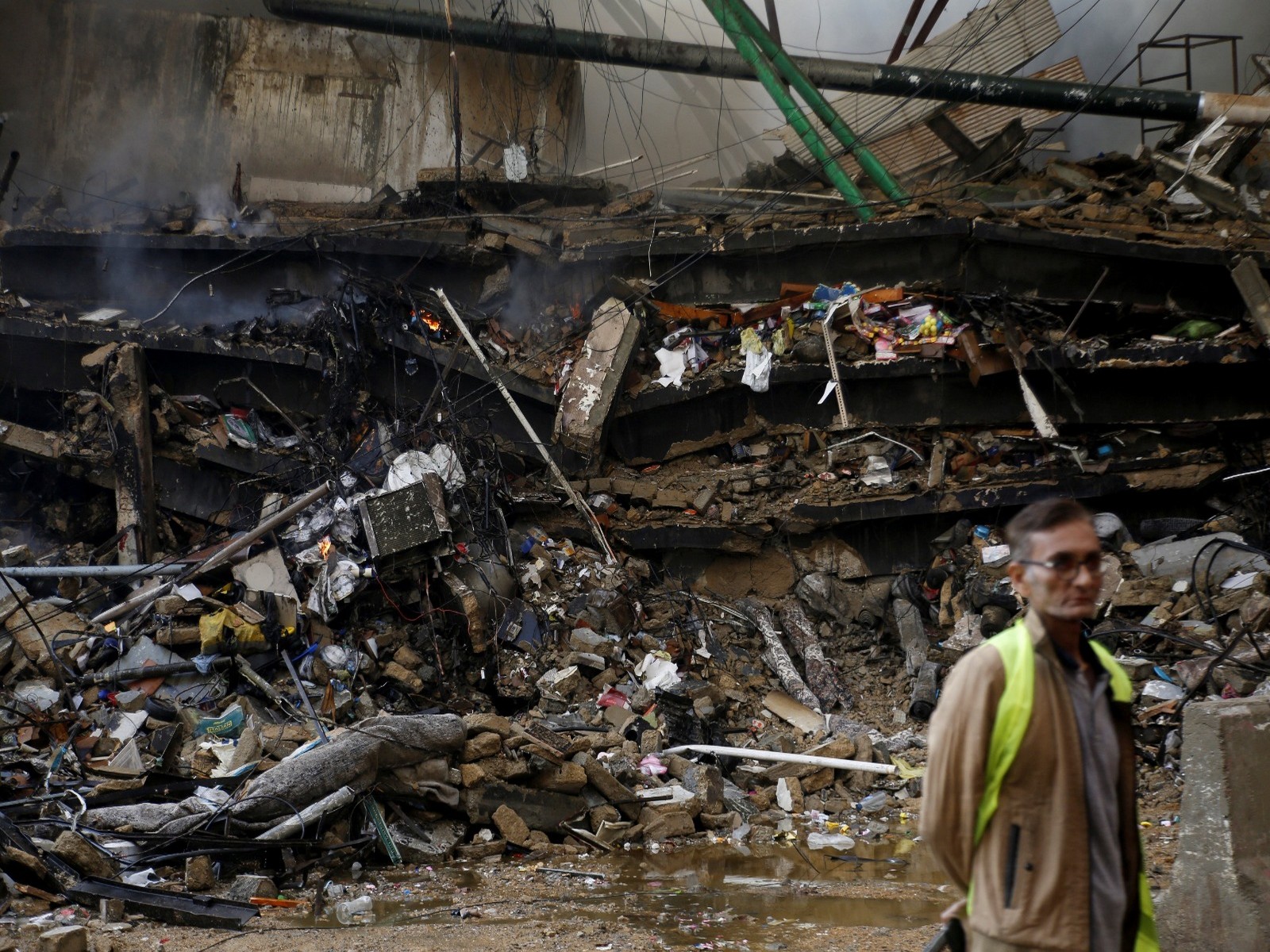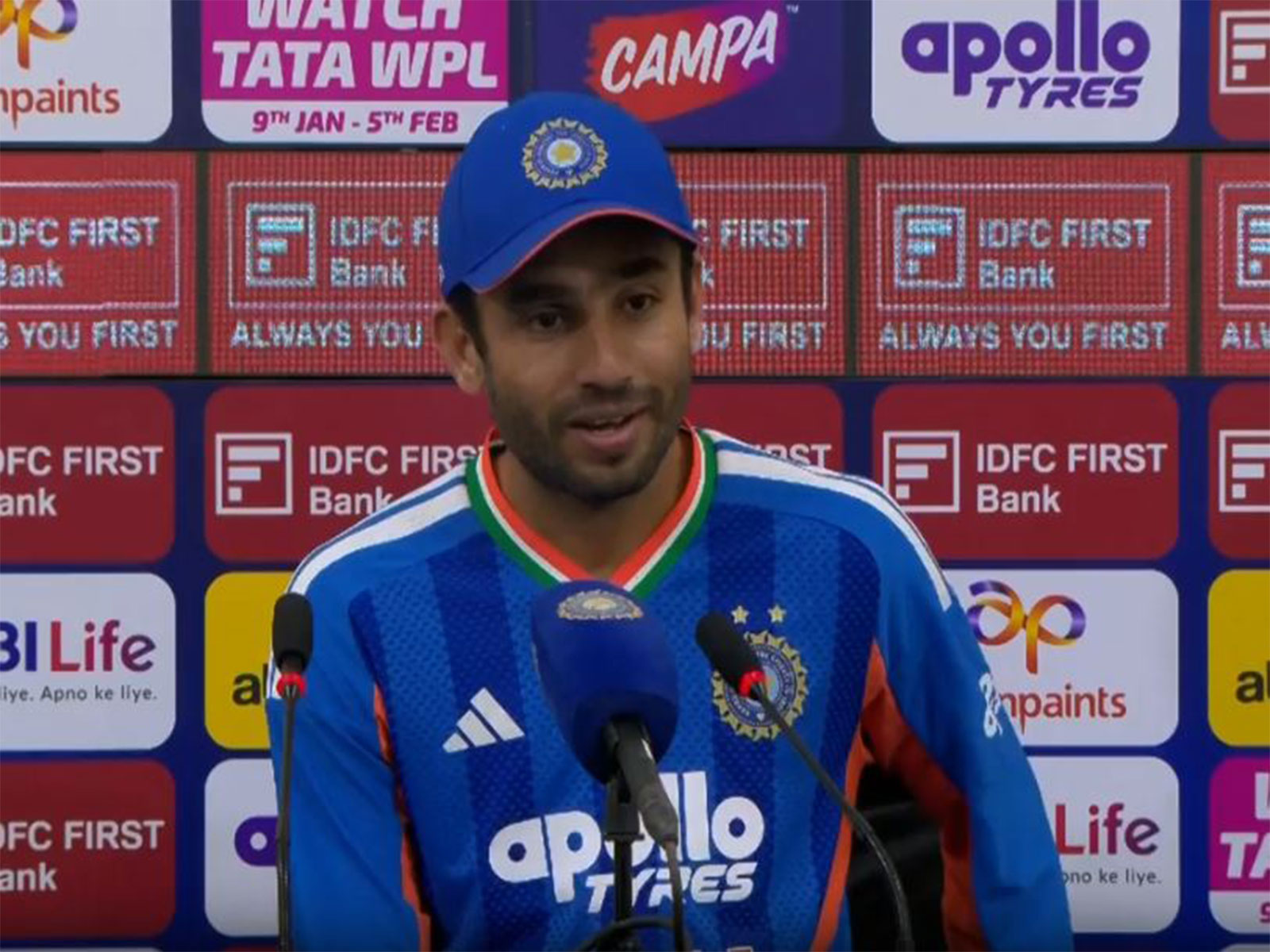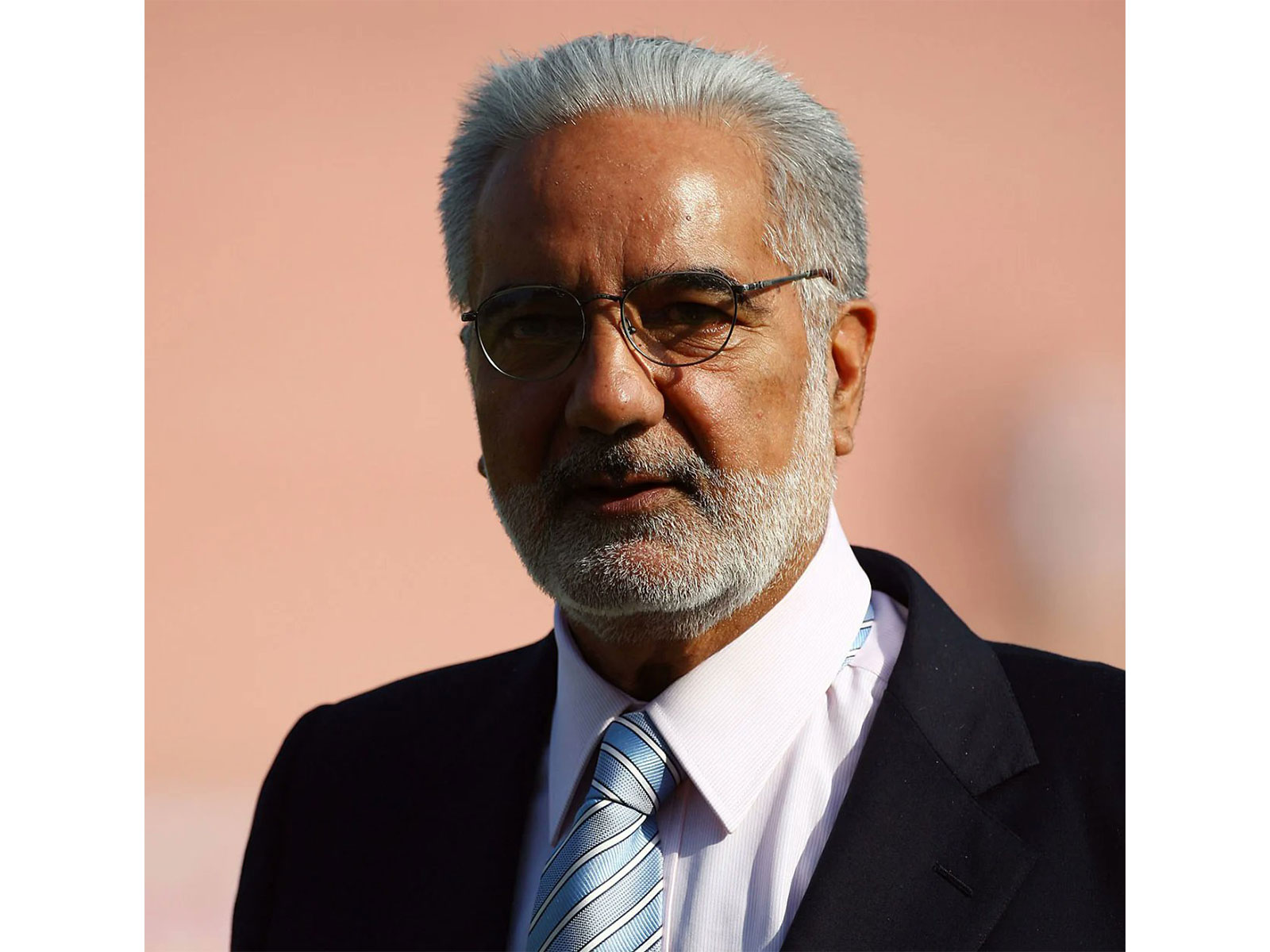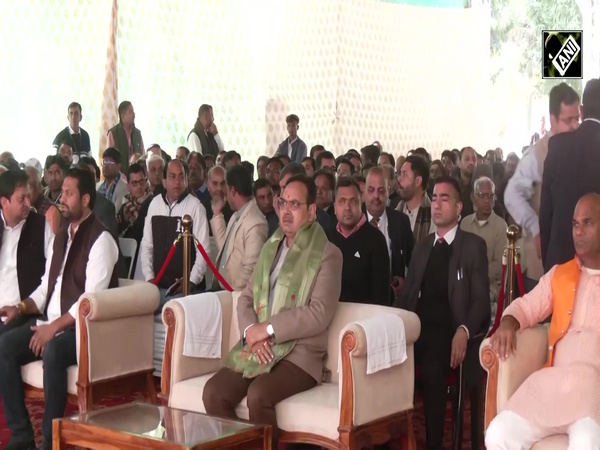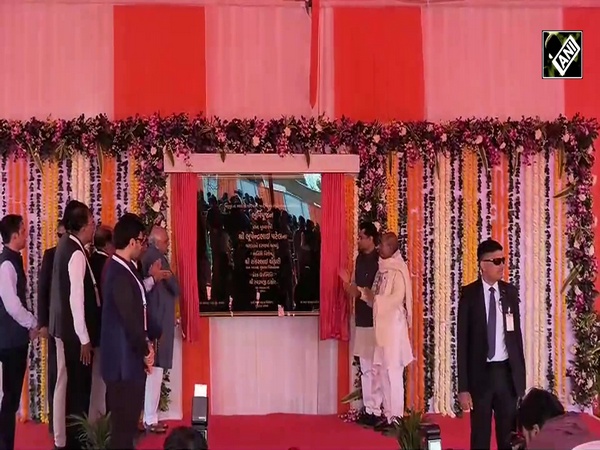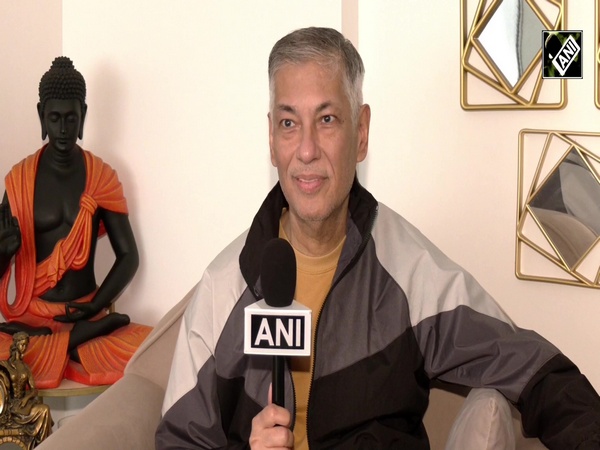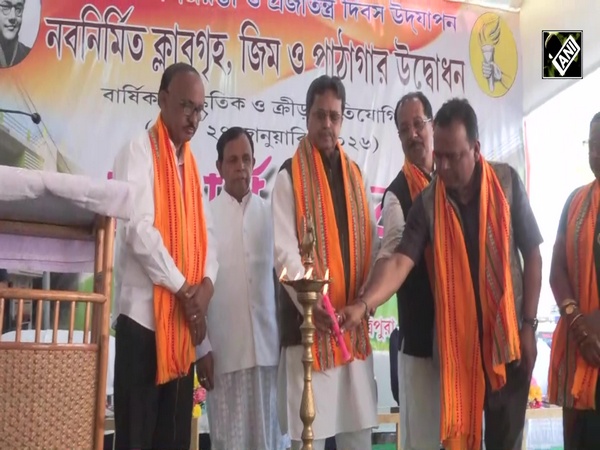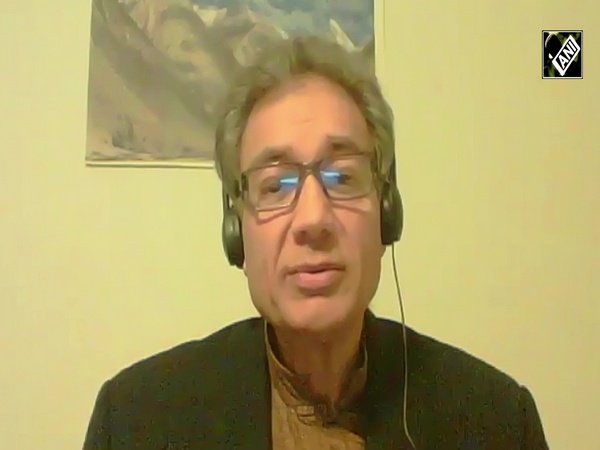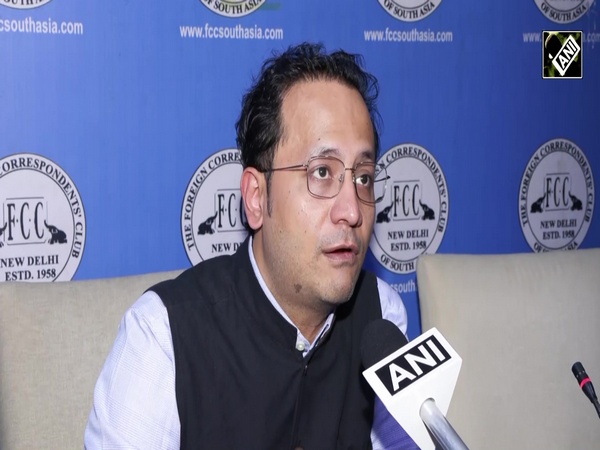"Judges though not elected have a vital role to play": CJI at Georgetown University
Oct 24, 2023

New Delhi [India], October 24 : Chief Justice of India DY Chandrachud on Monday said that the judges, though not elected, play a vital role in society as the judiciary is a stabilizing influence in the evolution of society which is evolving with technology, adding that social transformation can be judged as people approach the courts for a voice in constitutional change.
Chief Justice of DY Chandrachud was speaking at the 3rd Comparative Constitutional Law discussion on the topic "Perspectives from the Supreme Courts of India and the United States."
The event was hosted by Georgetown University, Washington, DC.
CJI said that there are constitutional values that have to be eternal to the existence of the nations and it is here where democracy and the rule of law ultimately survive and thrive.
"I believe that judges have a very vital role to play. Though we are not elected. We don't go back to the people every five years to seek their votes," CJI said.
He further said that he does believe that the judiciary has stabilizing influence in the evolution of society which is now so rapidly evolving with technology.
"We represent in the sense the voice of something that must subsist beyond the vicissitudes of time," CJI said.
Adding further, he said, "I do believe that we have a role to play in the overall stability of our own civilizations, of our own cultures, particularly in the context of a plural society such as India."
Chief Justice of India DY Chandrachud said that he does believe that courts today have become the focal point of engagement for civil society and social transformation and therefore people approach the courts not just for outcomes but for a voice in constitutional change.
He further added that the courts have a vital role to play in steadying the ship when so much is happening all around in our societies.
CJI said that the fundamental duty of judges is to look at the histories of discrimination that the people have suffered and to use the Constitution as a peaceful means of bringing about a social transformation.
He also pointed out that in so many societies across the world, one can find that the rule of law has given way to the rule of violence. Hence the key to a stable society is the ability of judges to use the Constitution and their own platforms as a platform for dialogue, for reason and for deliberation.
He said that in the process of constitutional deliberation that goes on in the court, one fosters a new and emerging consensus. In that consensus which emerges through the process of judicial deliberation, one puts out hope for a better future for our societies, CJI said.
He also said that the Indian Constitution speaks of fraternity and it postulates the equality, the brotherhood, and the unique oneness of our civilization.
"Therefore, to my mind, when you interpret the Constitution, you interpret the Constitution as a living or organic document," he added.
CJI also justified its recent judgement of not interfering with the Special Marriage Act and leaving for the parliament to take a decision on the issue of granting marriage equality to queer couples. However, CJI reiterated its minority decision where he came to the conclusion of giving rights to association and the majority of his colleagues in the bench felt that to recognize a right of forming unions was again beyond the traditional domain and that it must be left to Parliament. He also spoke about his conclusion of adoption rights for queer couples were not supported by the majority of judges on the bench.
He also pointed out that in India, there are 13 significant cases in the history where Chief Justice has been in the minority.
Responding to a question, CJI said that if they have struck down SMA, then they will be going back to the place that existed prior to the independence when there was no law permitting inter-faith marriages and this means coming out with a prescription which is worse than the disease itself.
